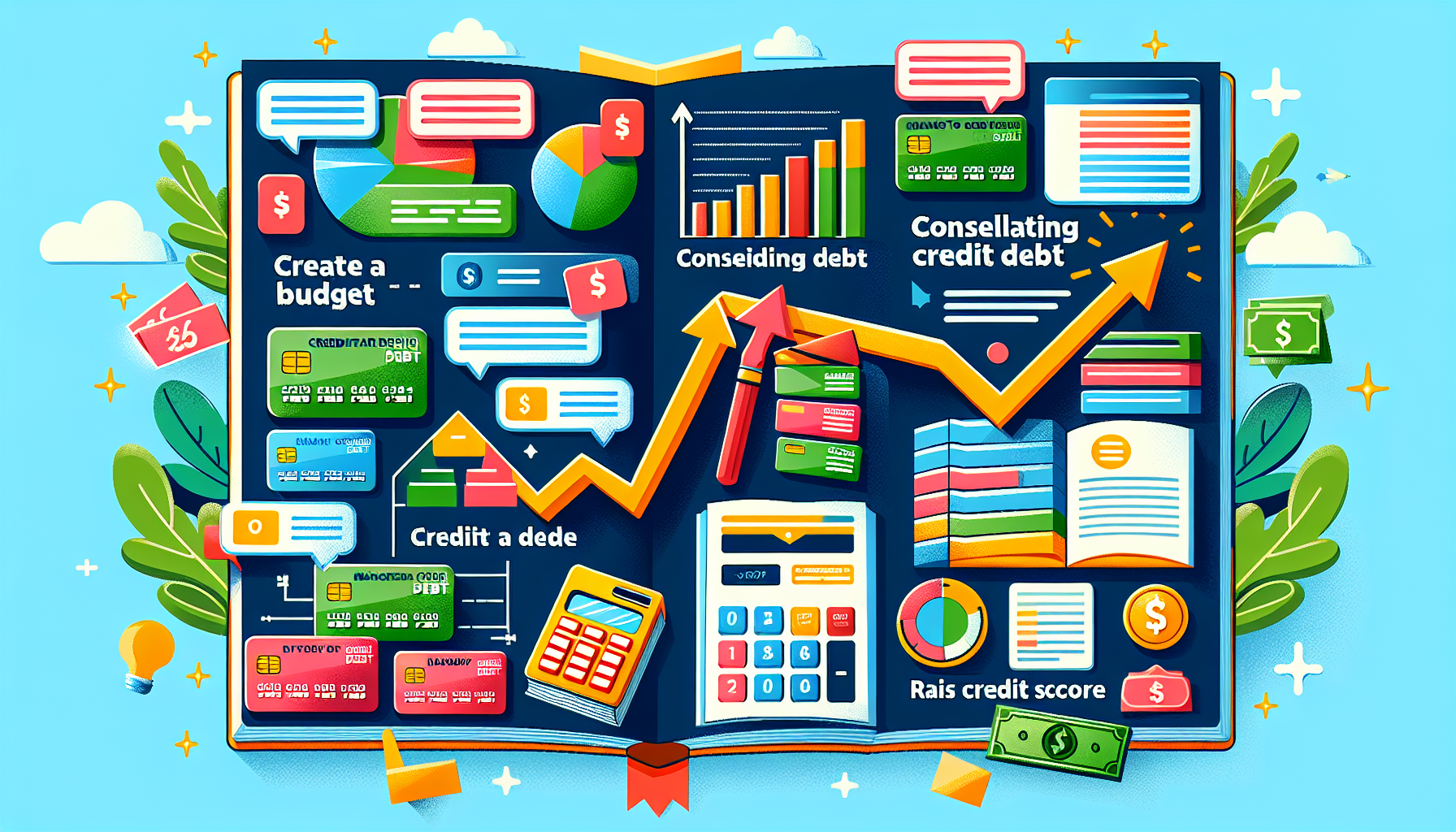Credit card debt is a common issue faced by many individuals, and managing it effectively is crucial for financial stability. Understanding how credit card debt works and implementing strategies to manage it can help individuals regain control over their finances and work towards a debt-free future. In this beginner’s guide, we will explore the fundamentals of credit card debt and effective management strategies to help you navigate your way towards financial freedom.
Understanding Credit Card Debt
Credit card debt is money that you owe to a credit card company for purchases made using your credit card. When you fail to pay off the full balance by the due date, you accumulate debt along with interest charges. The interest rates on credit cards are typically higher than other forms of debt, making it important to pay off your balance in full each month to avoid accruing excessive debt. Understanding the terms of your credit card agreement, such as interest rates and fees, is key to managing your debt effectively.
One of the first steps in managing credit card debt is to assess your current financial situation. Take stock of all your credit card balances, interest rates, and minimum monthly payments. Creating a budget can help you prioritize your expenses and allocate funds towards paying off your credit card debt. Consider setting up automatic payments or creating a payment schedule to ensure that you make timely payments and avoid late fees. Additionally, explore options such as balance transfers or debt consolidation to potentially lower your interest rates and streamline your debt repayment process.
Effective Management Strategies
Implementing effective management strategies can help you tackle your credit card debt and work towards financial freedom. One strategy is the snowball method, where you focus on paying off the smallest debt first while making minimum payments on the rest. Once the smallest debt is paid off, you can roll that payment amount into the next smallest debt, creating a snowball effect that accelerates your debt repayment. Another strategy is the avalanche method, where you tackle debts with the highest interest rates first to minimize interest costs over time. Whichever method you choose, consistency and discipline are key to successfully managing your credit card debt.
Another effective strategy for managing credit card debt is to negotiate with your creditors for lower interest rates or more favorable repayment terms. Many credit card companies are willing to work with you if you communicate your financial hardships and demonstrate a commitment to repaying your debt. Additionally, consider seeking the assistance of a credit counselor or financial advisor to help you create a personalized debt repayment plan and provide guidance on managing your finances. By taking proactive steps and staying committed to your debt management strategies, you can successfully overcome credit card debt and pave the way towards a more secure financial future.
Managing credit card debt requires diligence, discipline, and a clear understanding of your financial situation. By implementing effective management strategies and making consistent efforts to pay off your debt, you can take control of your finances and work towards a debt-free future. Remember to stay informed about your credit card terms, explore different repayment methods, and seek assistance if needed. With the right approach, you can conquer your credit card debt and build a solid foundation for financial success.
